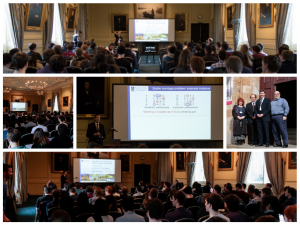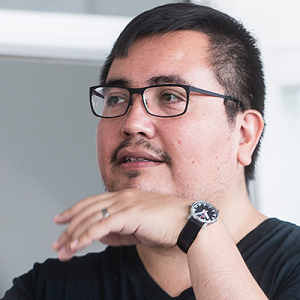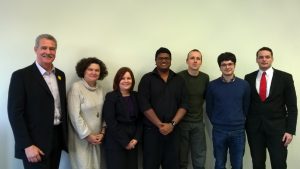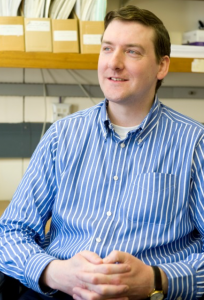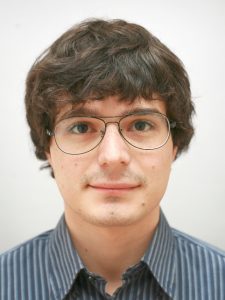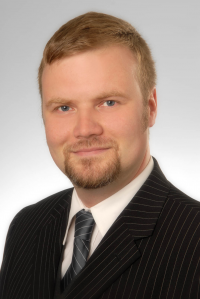“Thanks to cloud computing, accessing to a virtualised computing cluster has become not only easy but also feasible to organisations, especially small and medium-sized ones. First of all, it does not require an upfront investment in building data centres and a constant expense for managing them. Instead, users can pay only for the amount of resources that they actually use. Secondly, cloud providers offer a resource provisioning mechanism which allows users to add or remove resources from their cluster easily and quickly in order to accommodate the workload which changes dynamically in real-time. The flexibility of users’ computing clusters are further increased as they are able to select one or a combination of different virtual machine types, each of which has different hardware specification.
Nevertheless, the users of cloud computing have to face the challenges that they have never encountered before. The monetary cost changes dynamically based on the amount of resources used by the clients. Which means it is no longer cost-effective to adopt a greedy approaches which acquires as much resource as possible. Instead, it requires a careful consideration before making any decision regarding acquiring resources. Moreover, the users of cloud computing have the face that paradox of choice resulted from the high number of options regarding hardware specification offered by cloud providers. As a result, finding a suitable machine type for an application can be difficult. It is even more challenging when a user owns many applications which of which performs different. Finally, addressing all the above challenges while ensuring that a user receives a desired performance further increase the difficulty of effectively using cloud computing resources.
In this research, we investigate and propose the approach that aims to solve the challenge of optimising the usage of cloud computing resource by constructing the heterogeneous cloud cluster which dynamically changes based on the workload. Our proposed approach consists two processes. The first one, named execution scheduling, aims to determine the amount of virtual machines and the allocate of workload on each machine in order to achieve the desired performance with the minimum cost. The second process, named execution management, monitors the execution during runtime, detects and handles unexpected events. The proposed research has been thoroughly evaluated by both simulated and real world experiments. The results have showed that our approach is able to not only achieve the desired performance while minimising the monetary cost but also reduce, or even completely prevent, negative results caused by unexpected events at runtime.”
Event details
- When: 9th March 2017 13:00 - 14:00
- Where: Cole 1.33b
- Series: Systems Seminars Series
- Format: Seminar


